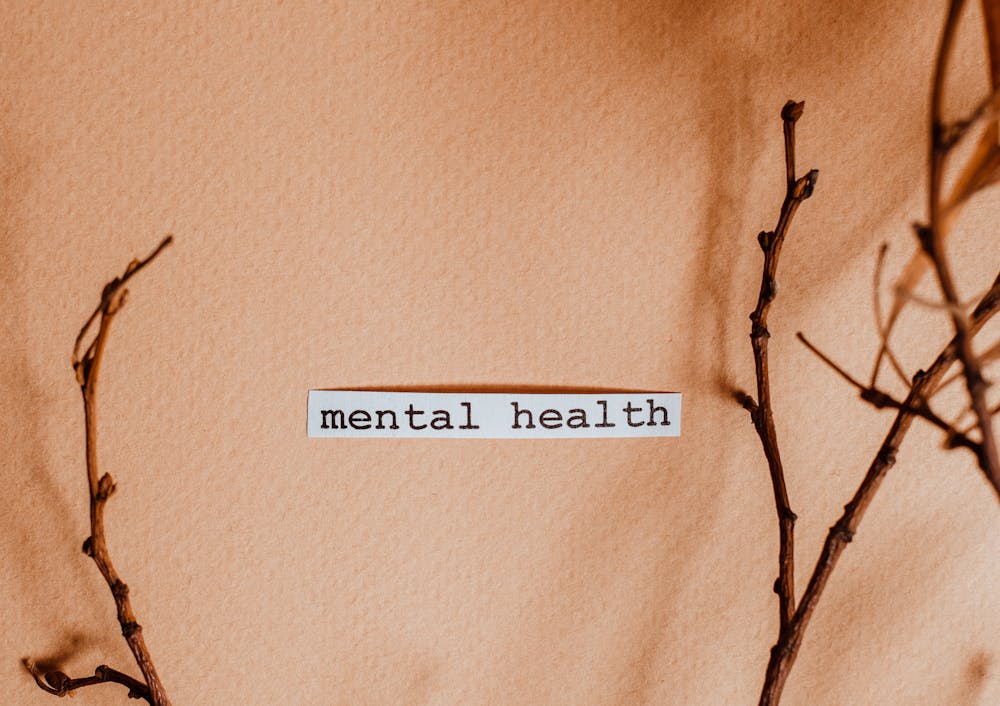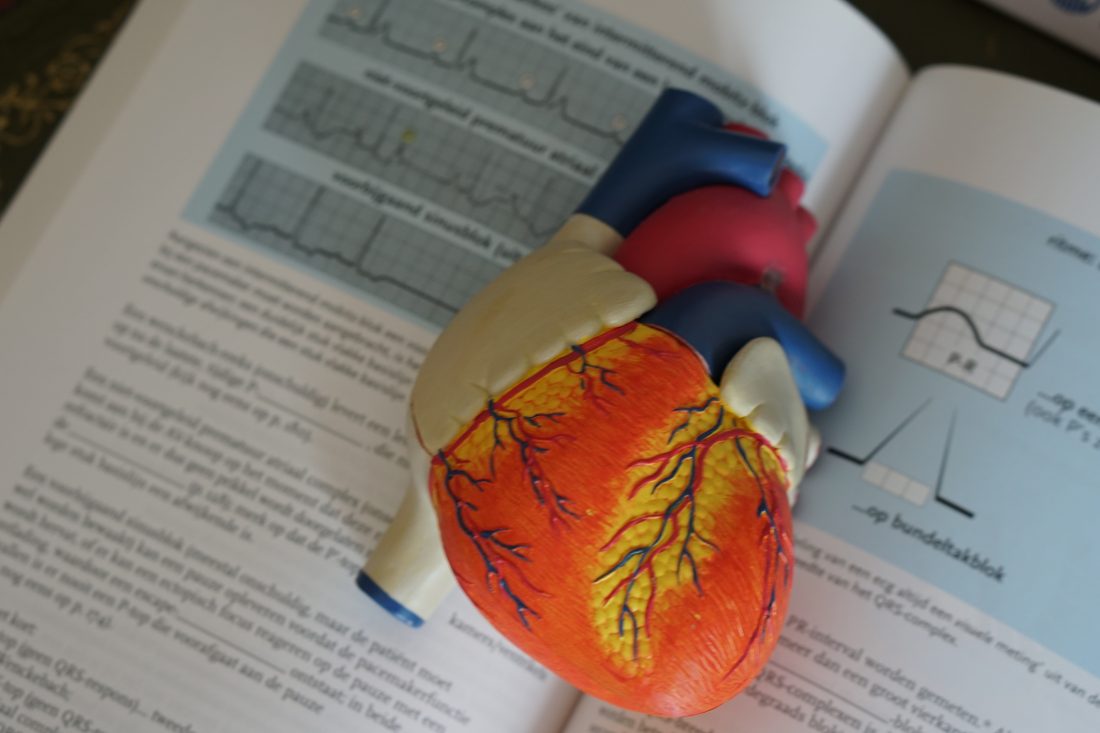Mental health care is advancing at an unprecedented rate, with new technologies and treatments offering renewed hope for individuals struggling with conditions like depression, PTSD, and anxiety. These innovations are transforming how mental health is understood, diagnosed, and treated, making support more accessible and personalised than ever. Here are some of the most promising recent developments shaping the future of mental health care.
SPRAVATO Nasal Spray for Treatment-Resistant Depression
A major breakthrough in recent years is the development of SPRAVATO (esketamine) nasal spray, which is designed specifically for people who haven’t responded to traditional antidepressants. Unlike conventional medications that can take weeks to take effect, SPRAVATO works rapidly by targeting glutamate receptors in the brain, offering fast-acting relief from depressive symptoms.
This nasal spray is administered under medical supervision and has shown significant improvement in patients with treatment-resistant depression. For individuals exploring alternatives to long-term oral medication, learn about SPRAVATO for treatment-resistant depression.
Psychedelic-Assisted Therapy with MDMA and Psilocybin
Once considered too experimental, psychedelic therapy is now receiving serious clinical attention. Substances like MDMA and psilocybin are being used in tightly regulated settings to treat conditions such as PTSD and major depression. Clinical trials suggest that, when used under the guidance of trained professionals, these treatments can provide profound emotional breakthroughs.
This form of therapy is becoming more widely accepted, particularly for veterans and individuals who have exhausted other treatment avenues.
FDA-Approved Digital Therapeutics: The Rejoyn App
Digital therapeutics are also making waves. One of the most notable examples is the Rejoyn app, which was recently approved by the FDA as a treatment for major depressive disorder. Rejoyn uses a form of cognitive-emotional training delivered through a smartphone, helping users retrain how they perceive and respond to emotional stimuli.
This approach is especially useful for people who might struggle with accessibility or stigma around traditional therapy, offering a science-backed method that can be used at home.
Artificial Intelligence in Diagnostics and Support
Artificial intelligence (AI) is playing a growing role in mental health care, from early diagnosis to ongoing support. AI tools can now analyse speech, facial expressions, and behaviour to flag potential mental health issues long before a human clinician might detect them.
Chatbots and virtual mental health assistants are also becoming more advanced, helping bridge the gap in care for those who can’t immediately access a therapist. While AI doesn’t replace human care, it adds a valuable layer of support and insight.
Virtual Reality Therapy for Trauma and Anxiety
Virtual reality (VR) therapy is emerging as an immersive and highly effective treatment option, particularly for PTSD and anxiety. By simulating real-life scenarios in a controlled, virtual setting, therapists can help individuals safely confront and process traumatic memories or phobias.
These simulations are tailored to each patient, making them a powerful supplement to traditional therapy methods.
AI-Powered Mental Health Apps
Apps like Woebot and Wysa use AI to deliver cognitive behavioural therapy techniques in real-time. These platforms allow users to talk through their concerns with a chatbot trained in therapeutic language and techniques.
While not a replacement for human therapy, these apps are a great entry point for those who need immediate support or are hesitant about seeking formal mental health services.
Integrated Mental and Physical Health Care
There’s a growing recognition of the importance of integrated care models, which bring mental health professionals into primary care settings. This approach allows for better coordination between mental and physical health services, ensuring that mental health concerns are not treated in isolation.
Such models are especially beneficial for individuals with chronic conditions, improving long-term outcomes and making it easier to manage complex health needs holistically.
To Sum Up
From breakthrough medications like SPRAVATO to the integration of AI and immersive technology, the landscape of mental health care is evolving rapidly. These advances are not only improving outcomes for those with long-standing mental health conditions but also making care more accessible and less stigmatised. As innovation continues, the future looks brighter for those seeking effective, compassionate support for their mental well-being.


